Home / technology / AI Could Potentially End All Human Disease Within Ten Years, Predicts DeepMind CEO, Backed by Perplexity’s Aravind Srinivas
AI Could Potentially End All Human Disease Within Ten Years, Predicts DeepMind CEO, Backed by Perplexity’s Aravind Srinivas
By: My India Times
5 minutes read 111Updated At: 2025-04-22

In a striking and optimistic forecast for the future of healthcare, Demis Hassabis, CEO and co-founder of Google DeepMind, has suggested that the next generation of artificial intelligence (AI) could lead to the complete eradication of disease—possibly within just a decade. His bold vision, shared in a recent interview on CBS’ “60 Minutes,” underscores the growing confidence among AI pioneers that this transformative technology is on the cusp of revolutionizing medicine.
Hassabis, who has been at the forefront of AI research for over a decade, discussed how AI’s ability to accelerate scientific discovery could completely change how new drugs are developed, reducing both the time and cost involved. "Designing a new drug currently takes about ten years and costs billions," he explained. "With AI, we could cut that down to months—or even weeks. It might sound unbelievable now, but people once thought predicting protein structures was impossible too."
This ambitious projection points to the rapidly expanding capabilities of AI systems, particularly in fields like drug discovery, genomics, and diagnostics. Hassabis's optimism comes in the wake of major breakthroughs like AlphaFold, a DeepMind AI that stunned the scientific community by accurately predicting the 3D shapes of proteins—a challenge that had stumped researchers for decades.
A Decade to End All Disease?
When asked directly whether AI could put an end to all human disease, the 48-year-old scientist didn't hesitate. "I think that's within reach—maybe within the next decade or so. I don't see why not," Hassabis said, with the quiet conviction of someone who believes deeply in the technology he’s helping to build.
It’s a claim that carries extraordinary weight, particularly given DeepMind’s track record. In recent years, the AI research lab has gone from developing game-playing agents like AlphaGo to creating tools that are actively being used in biology, chemistry, and clinical research. The company is now focused on translating its AI breakthroughs into real-world medical tools that could transform healthcare systems globally.
Rivals and Peers Show Rare Unity
Interestingly, Hassabis’s vision received an unexpected endorsement from a competitor in the AI space—Aravind Srinivas, the CEO of Perplexity AI. In response to a video clip of the interview posted on social media platform X (formerly Twitter), Srinivas called Hassabis a "genius" and publicly supported his mission.
“Demis is a genius and he should be given all resources in the world to make this happen,” Srinivas wrote, making it clear that the race to solve the world’s biggest health challenges is not necessarily a zero-sum game.
Srinivas, whose company Perplexity AI is developing an AI-powered search engine that competes directly with Google Search, is also preparing to launch an "agentic browser" aimed at challenging Google Chrome. His supportive comments show that in the world of AI, admiration and respect can transcend corporate rivalry—especially when it comes to tackling universal problems like human disease.
The Promise of AI in Medical Science
At the core of Hassabis’s prediction lies the transformative potential of AI to upend traditional scientific processes. Drug development, for instance, is notoriously slow, expensive, and prone to failure. Even after years of research, most experimental drugs don’t make it past clinical trials. AI has the potential to change this by analyzing vast datasets, predicting molecular interactions, and even designing novel compounds with high therapeutic potential—all in a fraction of the time it currently takes.
This could drastically improve how we approach conditions that are currently incurable or poorly understood, such as Alzheimer’s disease, certain cancers, and rare genetic disorders. With AI’s ability to process enormous amounts of data, researchers can uncover patterns and relationships that would be virtually impossible for humans to detect.
Moreover, AI can also play a crucial role in diagnostics, providing early and accurate detection of diseases from imaging scans, pathology reports, or genetic data. In combination with personalized medicine, these tools could allow doctors to tailor treatments to individual patients, greatly improving outcomes.
From the Lab to the Clinic
But turning this vision into reality will require more than just cutting-edge technology. Regulatory approval, clinical validation, and ethical considerations are all essential parts of the equation. Hassabis himself acknowledged that these processes can’t—and shouldn’t—be skipped. "We need to be thoughtful about how we deploy this technology," he said during the interview. "The potential is enormous, but so is the responsibility."
DeepMind has already started to navigate this landscape. Its AlphaFold tool has been used by thousands of researchers around the world to accelerate drug discovery and deepen our understanding of diseases. The lab is now working closely with pharmaceutical companies, medical researchers, and healthcare institutions to ensure that its innovations make a meaningful impact on patient care.
A Call for Global Support
Srinivas’s call for global backing of Hassabis’s vision touches on a critical point: advancing AI for health isn’t just about competition—it’s about collaboration. To realize a world where diseases can be cured or even eradicated, a concerted global effort will be necessary. That means funding, data sharing, regulatory alignment, and perhaps most importantly, a collective willingness to trust in and adopt new approaches.
This kind of cross-sector cooperation will be essential if AI is to reach its full potential. Governments, academic institutions, tech companies, and health organizations will need to work together to ensure that AI-driven health solutions are safe, effective, and equitably distributed.
The Road Ahead
There is still a long way to go before we can declare victory over all diseases. Many illnesses, especially those rooted in complex genetic, environmental, or social factors, remain elusive. And while AI can help, it is not a magic bullet.
Still, the idea that we might live to see an era where diseases can be rapidly diagnosed, precisely treated, or even prevented altogether is no longer confined to the realm of science fiction. With AI advancing at breakneck speed, the foundations of that future are being laid today.
As Hassabis put it, "With the right tools, enough data, and collaboration across disciplines, there’s almost nothing we can't solve. AI gives us the means—it’s now up to us to use it wisely."
....In a striking and optimistic forecast for the future of healthcare, Demis Hassabis, CEO and co-founder of Google DeepMind, has suggested that the next generation of artificial intelligence (AI) could lead to the complete eradication of disease—possibly within just a decade. His bold vision, shared in a recent interview on CBS’ “60 Minutes,” underscores the growing confidence among AI pioneers that this transformative technology is on the cusp of revolutionizing medicine.
Hassabis, who has been at the forefront of AI research for over a decade, discussed how AI’s ability to accelerate scientific discovery could completely change how new drugs are developed, reducing both the time and cost involved. "Designing a new drug currently takes about ten years and costs billions," he explained. "With AI, we could cut that down to months—or even weeks. It might sound unbelievable now, but people once thought predicting protein structures was impossible too."
This ambitious projection points to the rapidly expanding capabilities of AI systems, particularly in fields like drug discovery, genomics, and diagnostics. Hassabis's optimism comes in the wake of major breakthroughs like AlphaFold, a DeepMind AI that stunned the scientific community by accurately predicting the 3D shapes of proteins—a challenge that had stumped researchers for decades.
A Decade to End All Disease?
When asked directly whether AI could put an end to all human disease, the 48-year-old scientist didn't hesitate. "I think that's within reach—maybe within the next decade or so. I don't see why not," Hassabis said, with the quiet conviction of someone who believes deeply in the technology he’s helping to build.
It’s a claim that carries extraordinary weight, particularly given DeepMind’s track record. In recent years, the AI research lab has gone from developing game-playing agents like AlphaGo to creating tools that are actively being used in biology, chemistry, and clinical research. The company is now focused on translating its AI breakthroughs into real-world medical tools that could transform healthcare systems globally.
Rivals and Peers Show Rare Unity
Interestingly, Hassabis’s vision received an unexpected endorsement from a competitor in the AI space—Aravind Srinivas, the CEO of Perplexity AI. In response to a video clip of the interview posted on social media platform X (formerly Twitter), Srinivas called Hassabis a "genius" and publicly supported his mission.
“Demis is a genius and he should be given all resources in the world to make this happen,” Srinivas wrote, making it clear that the race to solve the world’s biggest health challenges is not necessarily a zero-sum game.
Srinivas, whose company Perplexity AI is developing an AI-powered search engine that competes directly with Google Search, is also preparing to launch an "agentic browser" aimed at challenging Google Chrome. His supportive comments show that in the world of AI, admiration and respect can transcend corporate rivalry—especially when it comes to tackling universal problems like human disease.
The Promise of AI in Medical Science
At the core of Hassabis’s prediction lies the transformative potential of AI to upend traditional scientific processes. Drug development, for instance, is notoriously slow, expensive, and prone to failure. Even after years of research, most experimental drugs don’t make it past clinical trials. AI has the potential to change this by analyzing vast datasets, predicting molecular interactions, and even designing novel compounds with high therapeutic potential—all in a fraction of the time it currently takes.
This could drastically improve how we approach conditions that are currently incurable or poorly understood, such as Alzheimer’s disease, certain cancers, and rare genetic disorders. With AI’s ability to process enormous amounts of data, researchers can uncover patterns and relationships that would be virtually impossible for humans to detect.
Moreover, AI can also play a crucial role in diagnostics, providing early and accurate detection of diseases from imaging scans, pathology reports, or genetic data. In combination with personalized medicine, these tools could allow doctors to tailor treatments to individual patients, greatly improving outcomes.
From the Lab to the Clinic
But turning this vision into reality will require more than just cutting-edge technology. Regulatory approval, clinical validation, and ethical considerations are all essential parts of the equation. Hassabis himself acknowledged that these processes can’t—and shouldn’t—be skipped. "We need to be thoughtful about how we deploy this technology," he said during the interview. "The potential is enormous, but so is the responsibility."
DeepMind has already started to navigate this landscape. Its AlphaFold tool has been used by thousands of researchers around the world to accelerate drug discovery and deepen our understanding of diseases. The lab is now working closely with pharmaceutical companies, medical researchers, and healthcare institutions to ensure that its innovations make a meaningful impact on patient care.
A Call for Global Support
Srinivas’s call for global backing of Hassabis’s vision touches on a critical point: advancing AI for health isn’t just about competition—it’s about collaboration. To realize a world where diseases can be cured or even eradicated, a concerted global effort will be necessary. That means funding, data sharing, regulatory alignment, and perhaps most importantly, a collective willingness to trust in and adopt new approaches.
This kind of cross-sector cooperation will be essential if AI is to reach its full potential. Governments, academic institutions, tech companies, and health organizations will need to work together to ensure that AI-driven health solutions are safe, effective, and equitably distributed.
The Road Ahead
There is still a long way to go before we can declare victory over all diseases. Many illnesses, especially those rooted in complex genetic, environmental, or social factors, remain elusive. And while AI can help, it is not a magic bullet.
Still, the idea that we might live to see an era where diseases can be rapidly diagnosed, precisely treated, or even prevented altogether is no longer confined to the realm of science fiction. With AI advancing at breakneck speed, the foundations of that future are being laid today.
As Hassabis put it, "With the right tools, enough data, and collaboration across disciplines, there’s almost nothing we can't solve. AI gives us the means—it’s now up to us to use it wisely."
By: My India Times
Updated At: 2025-04-22
Tags: technology News | My India Times News | Trending News | Travel News
Join our WhatsApp Channel














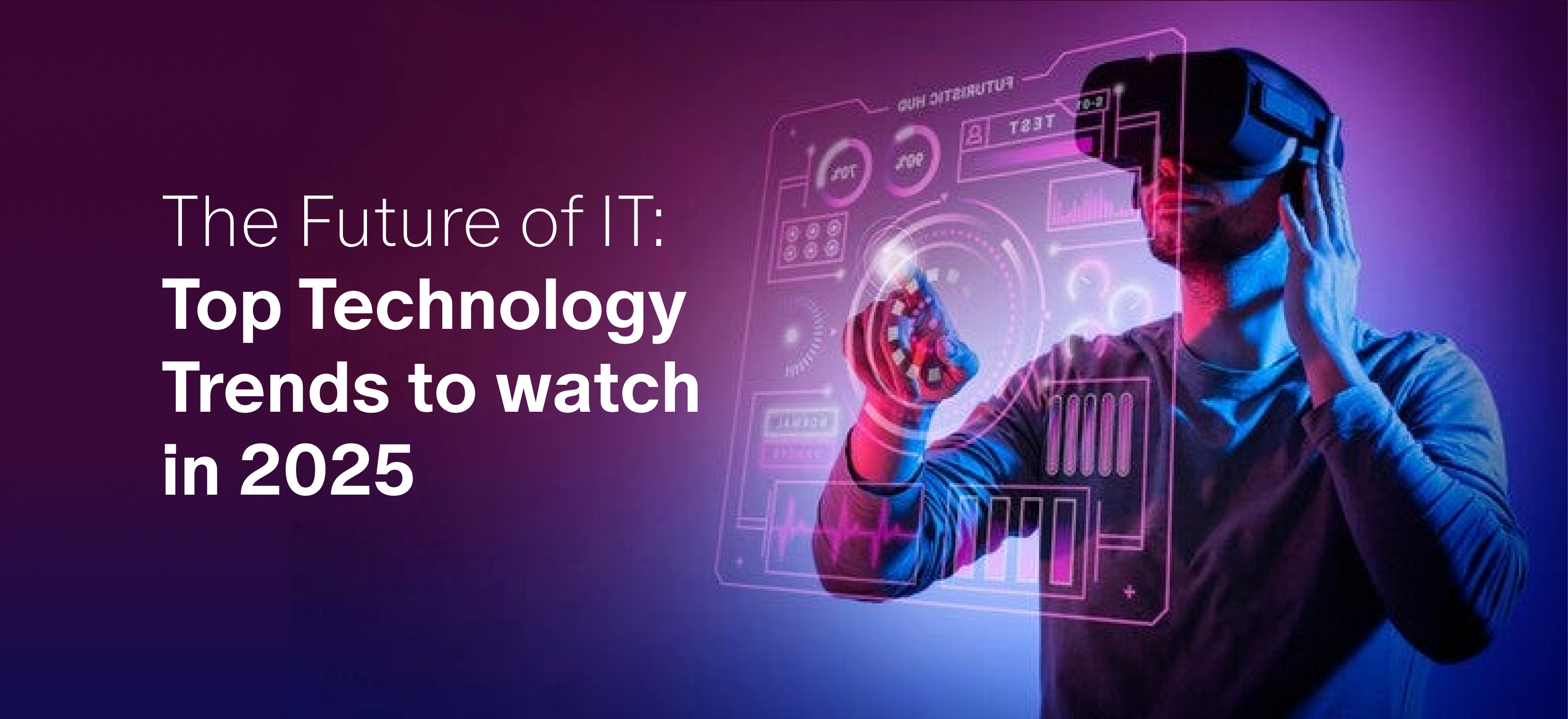









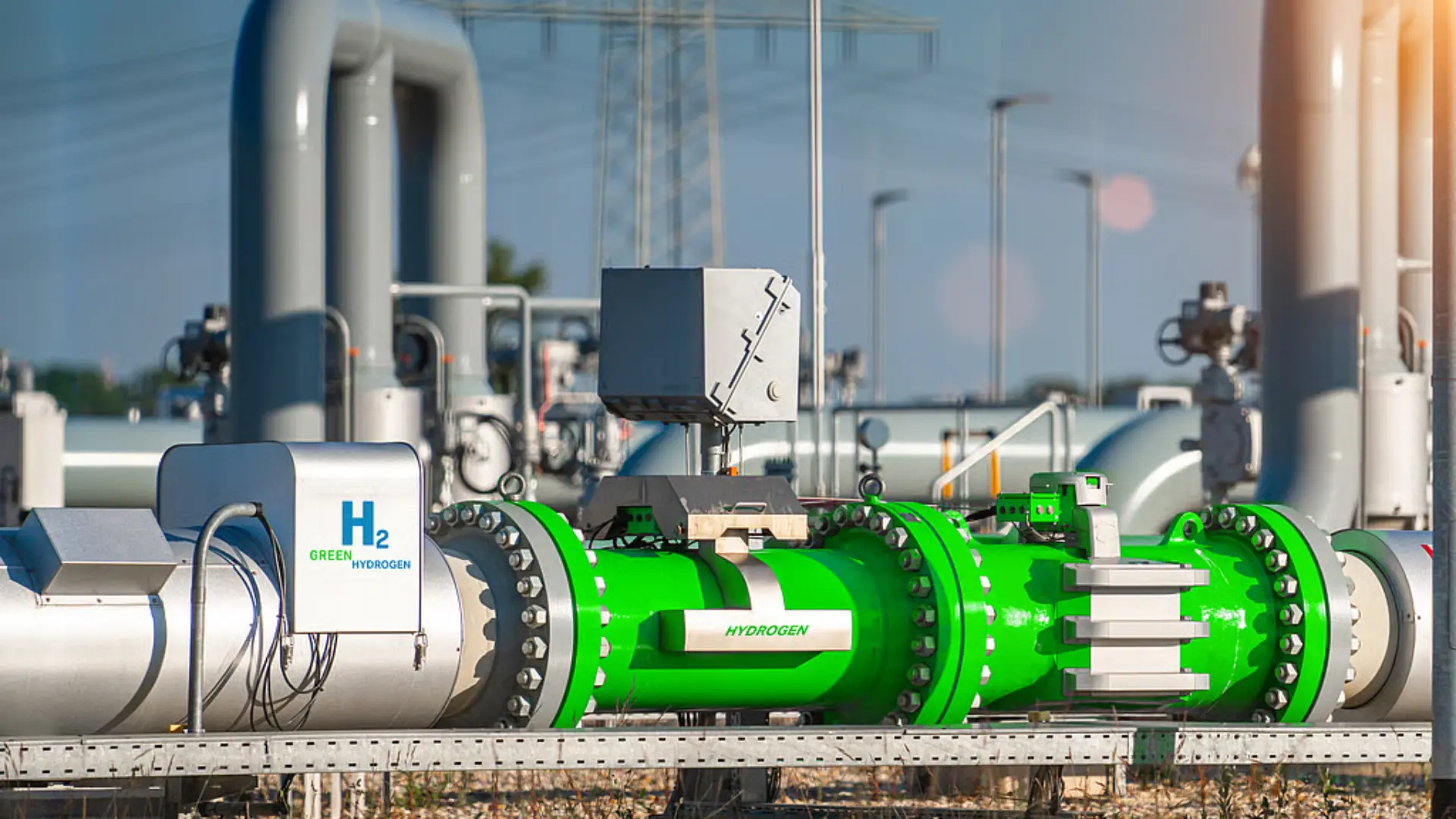
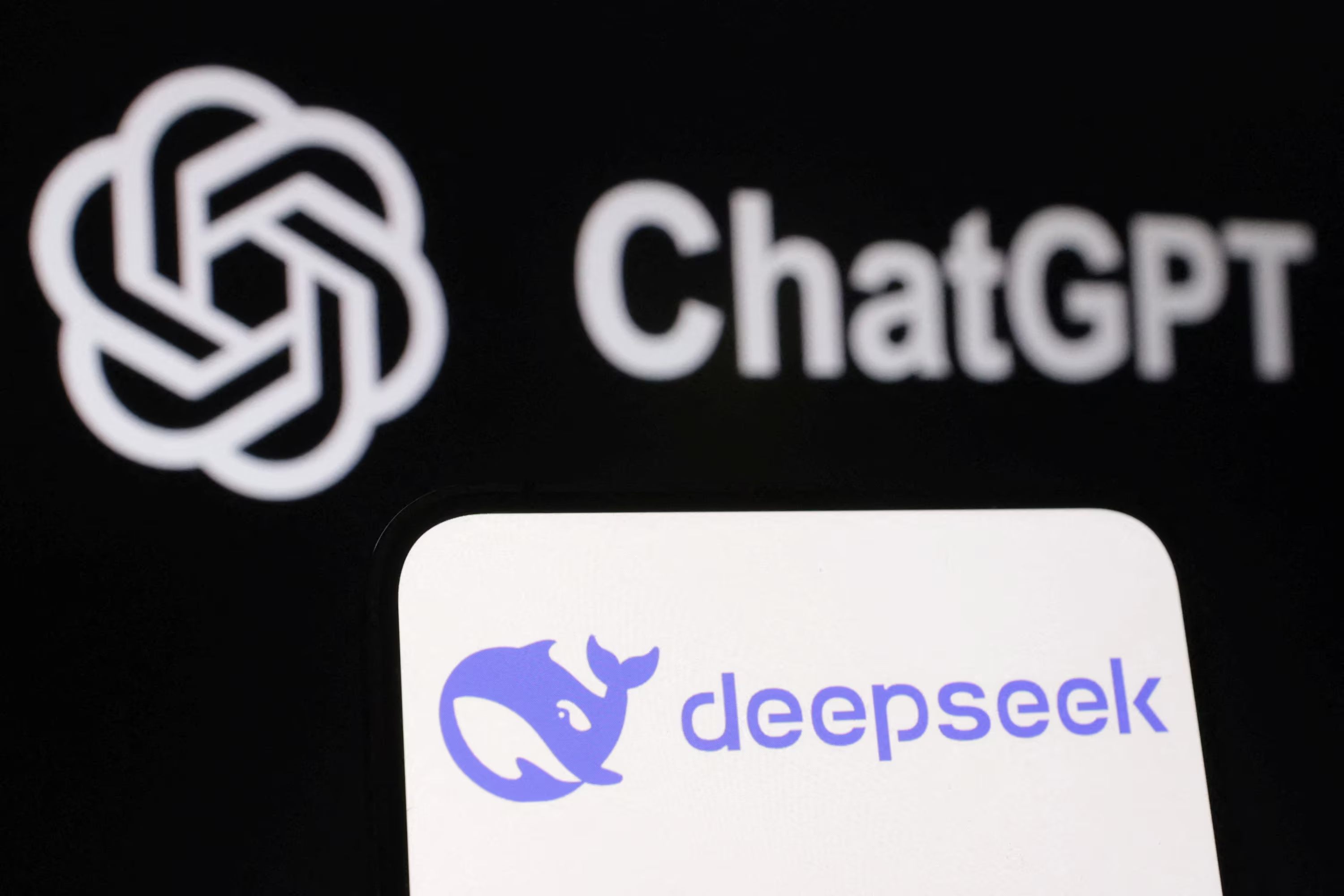

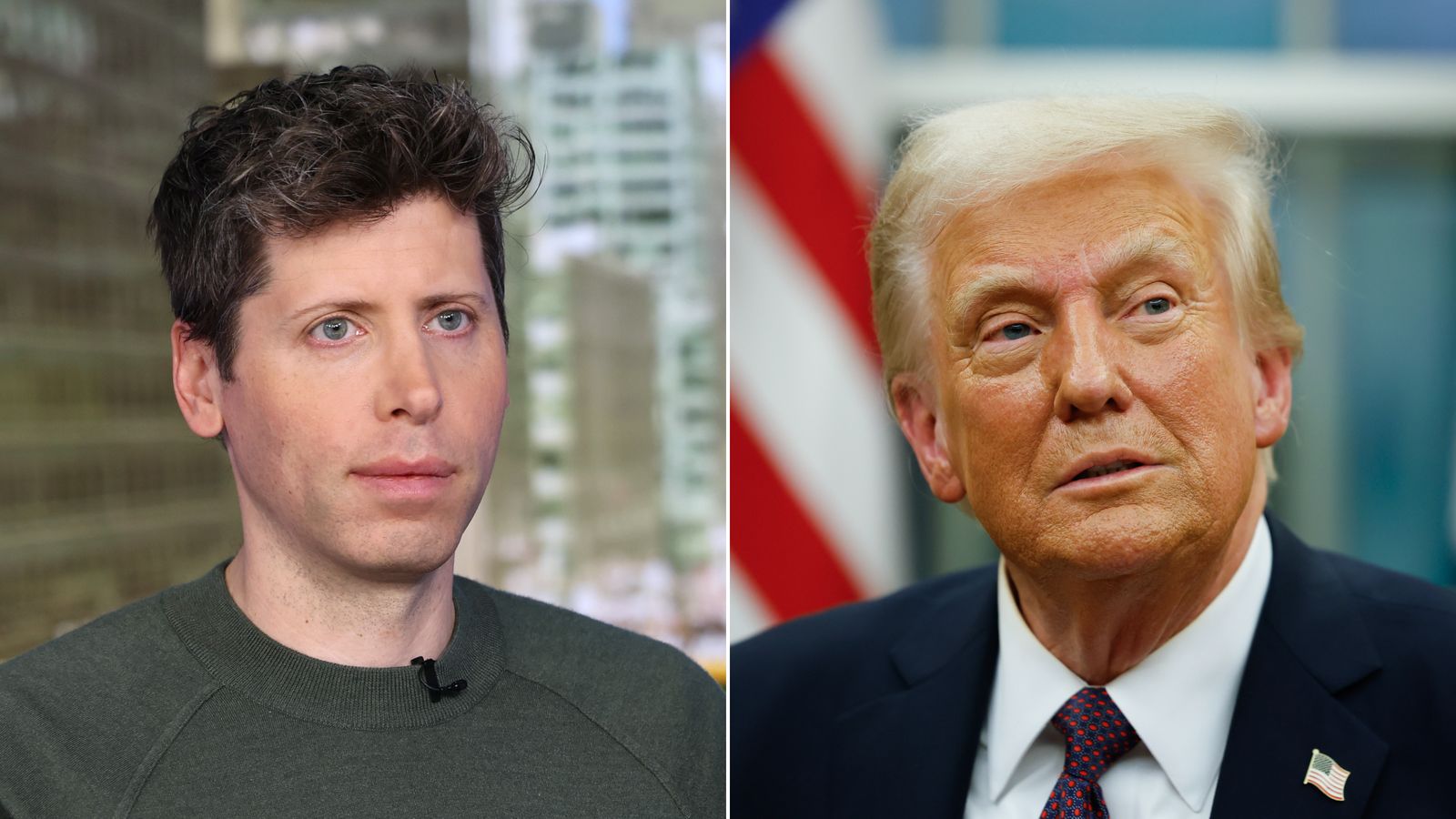



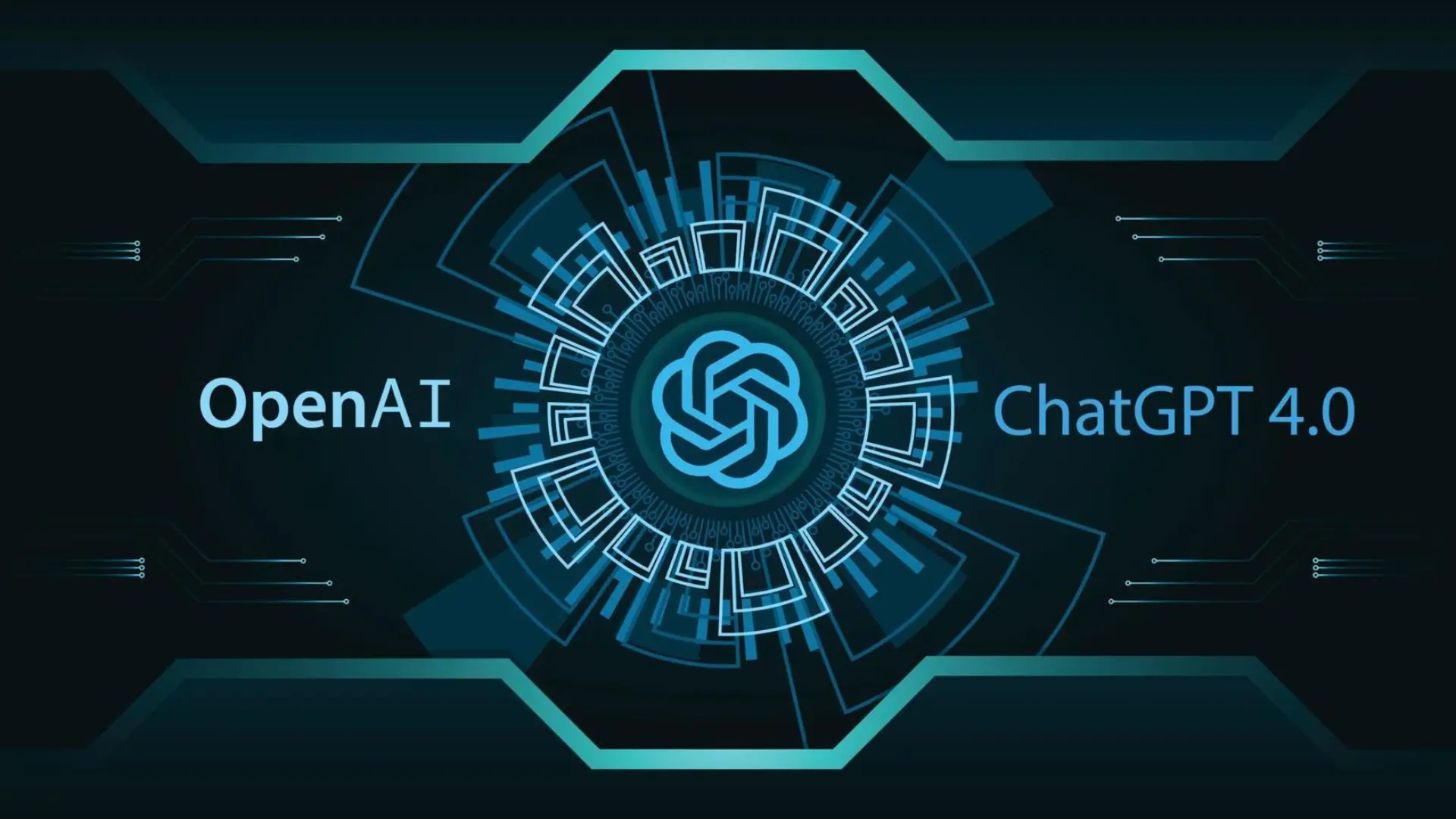
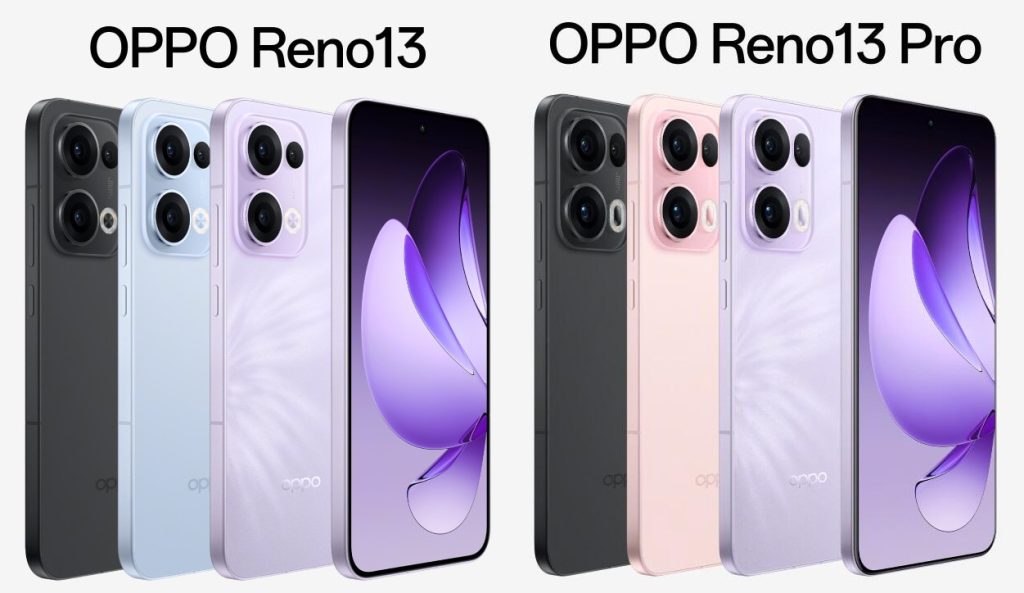
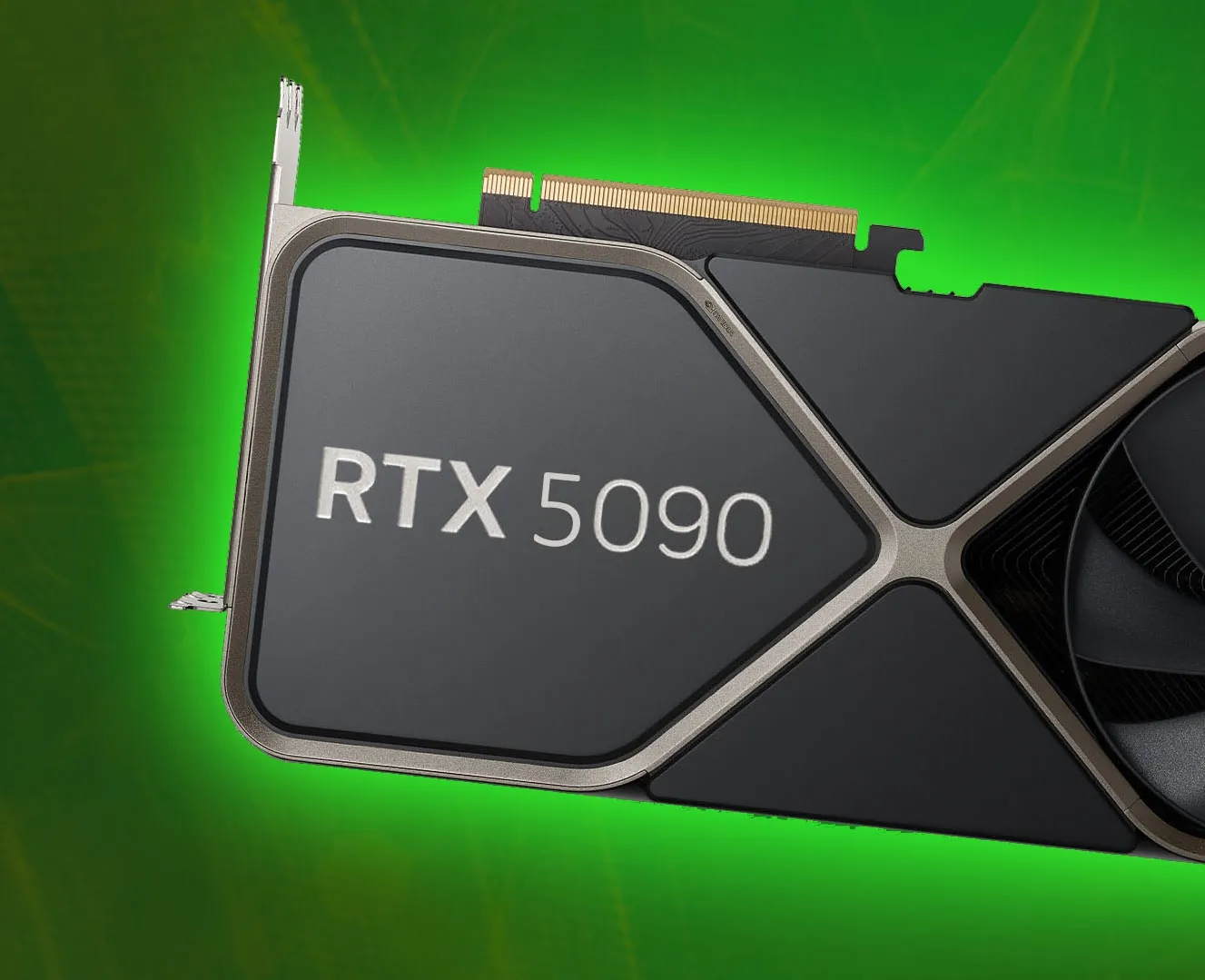
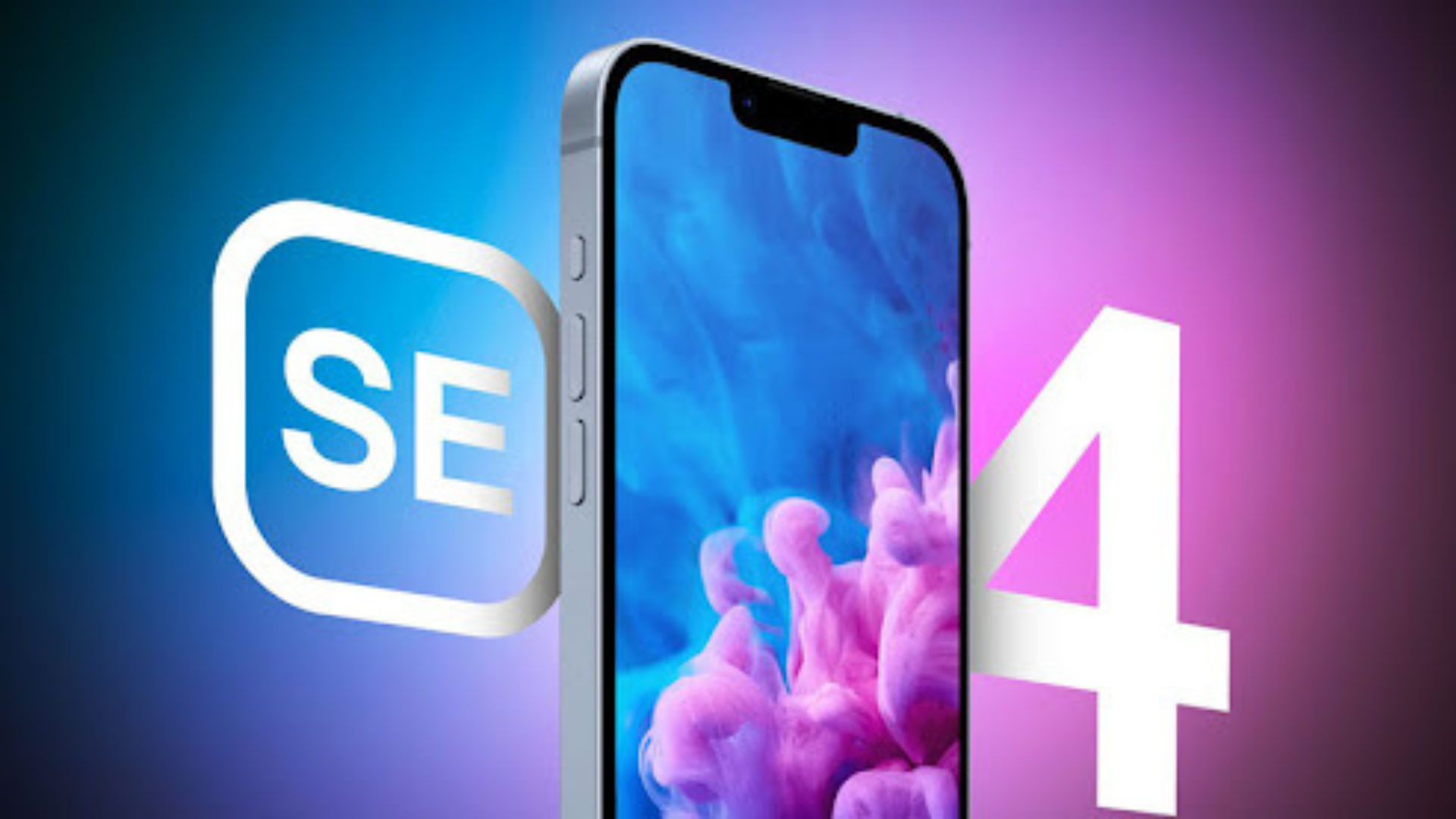







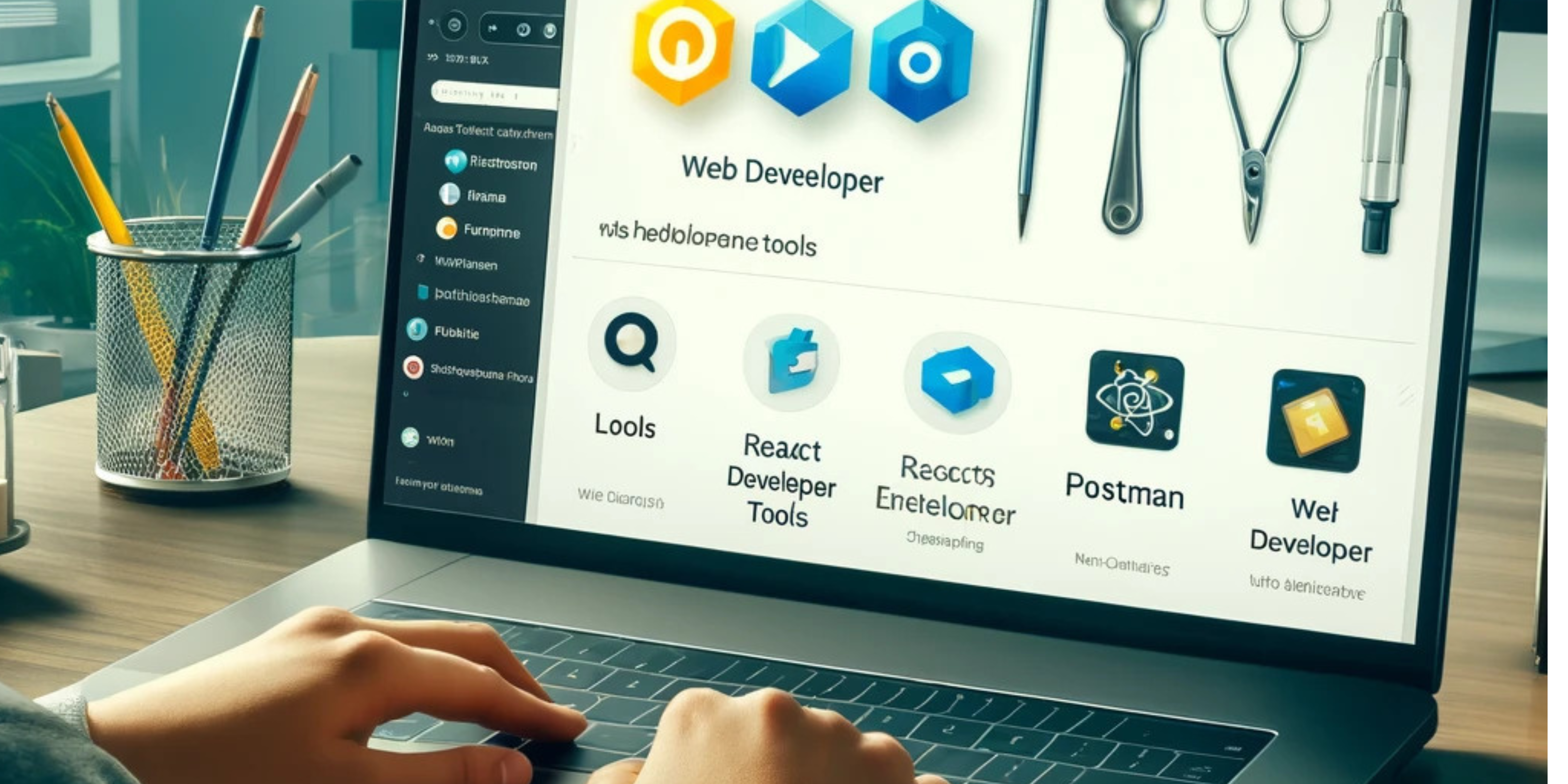
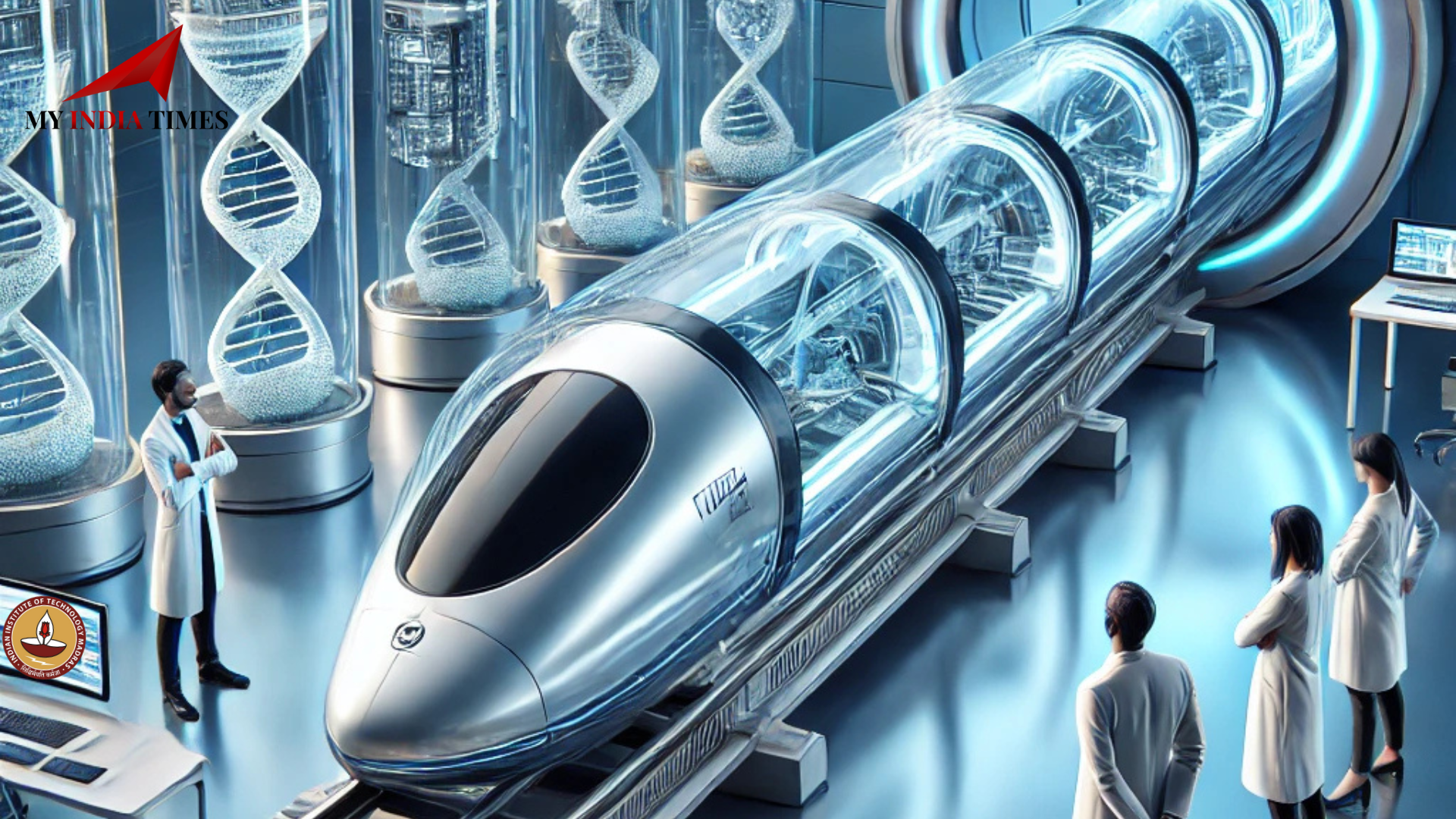

.jpg)


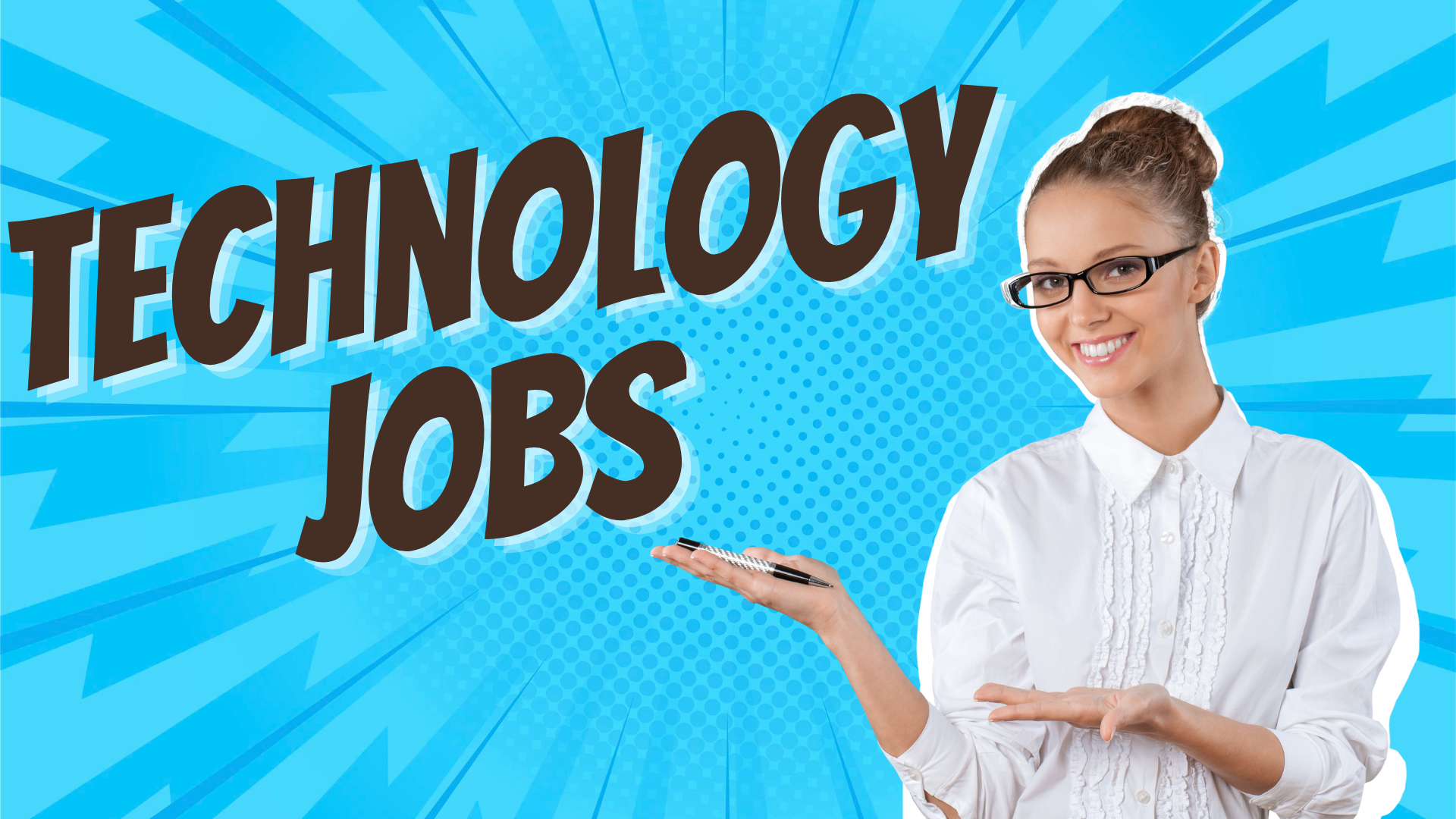





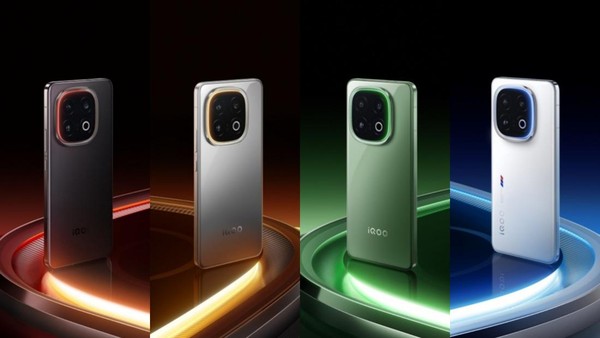
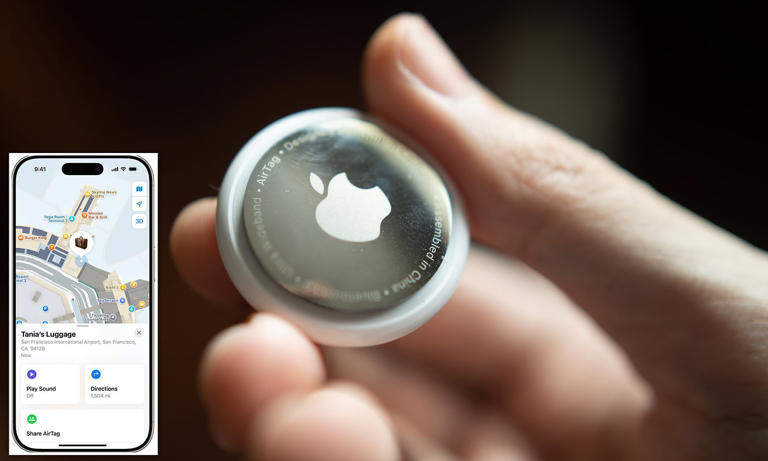

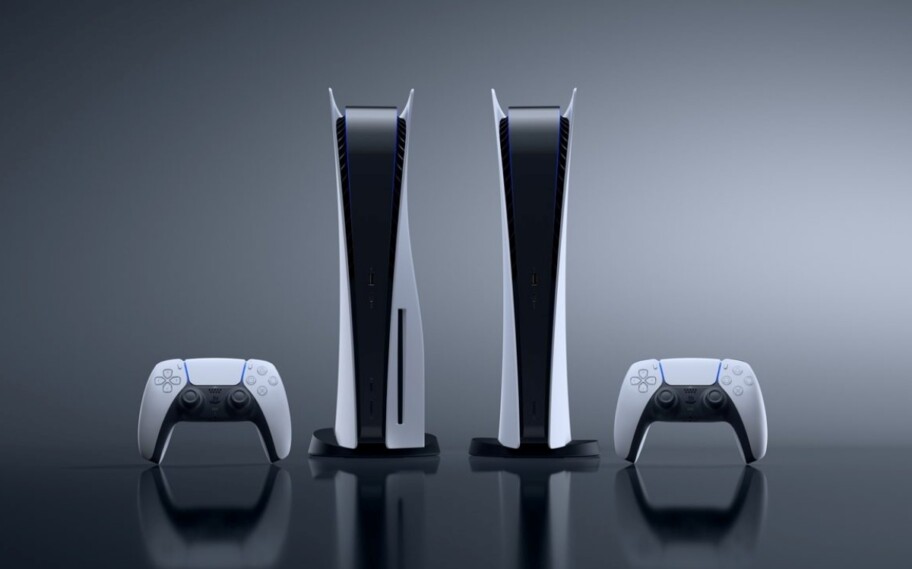

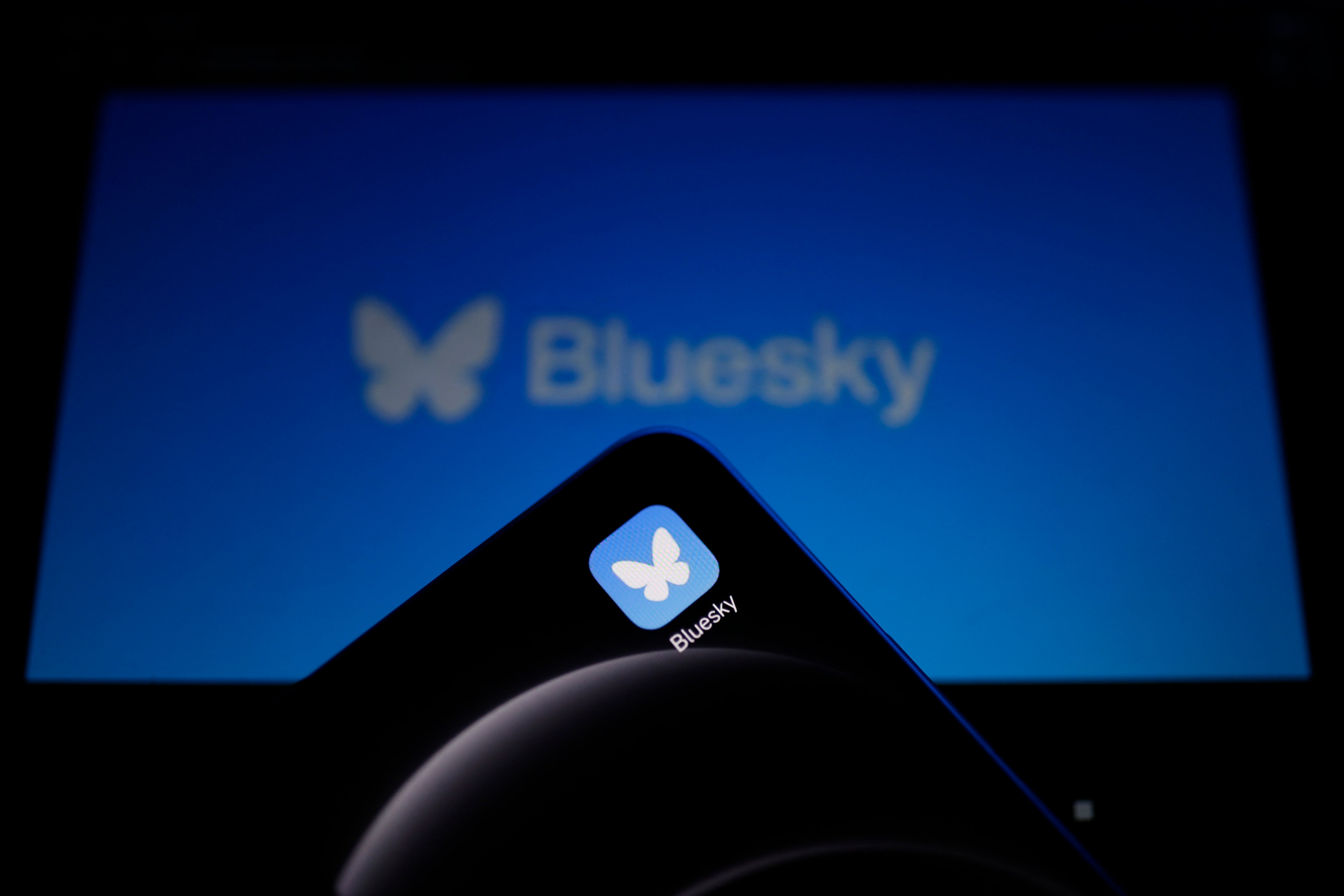

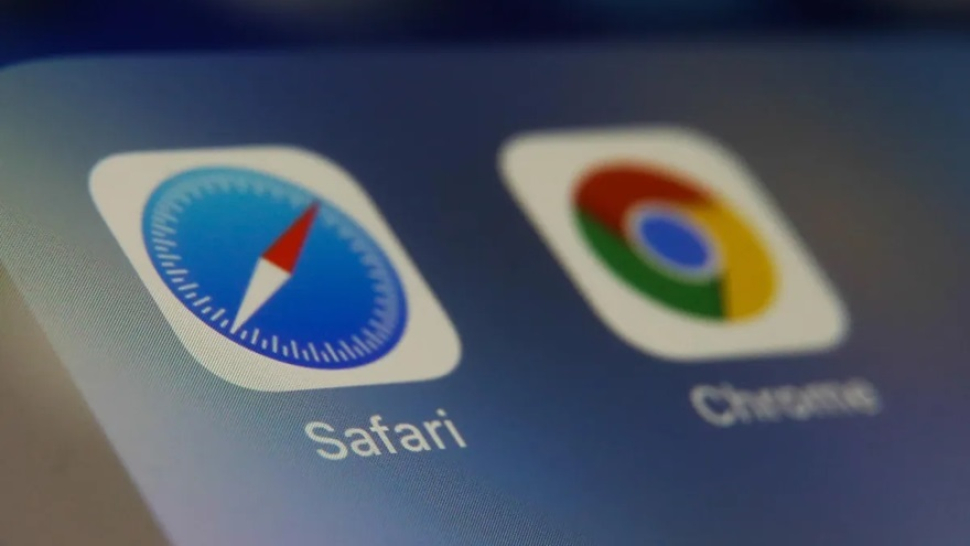


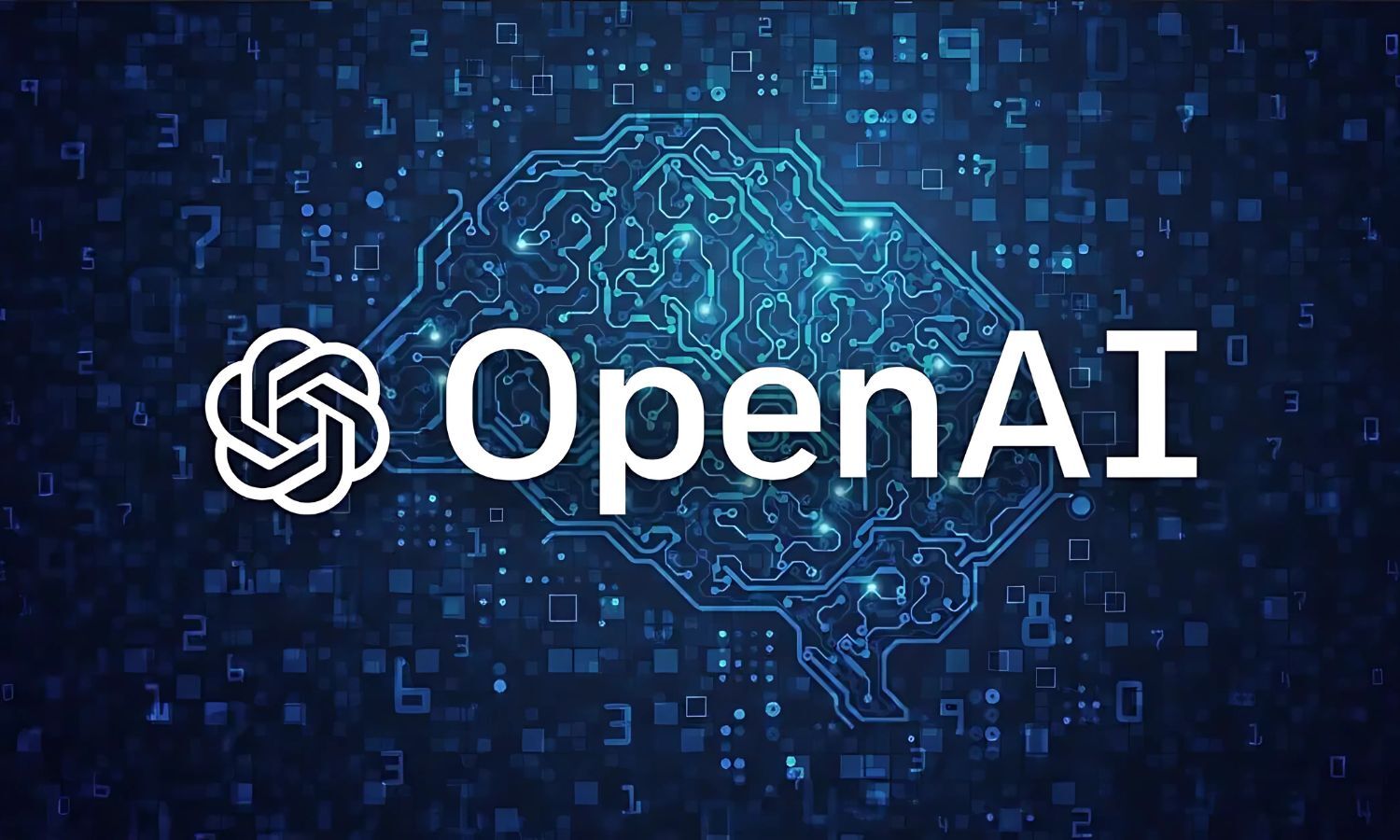
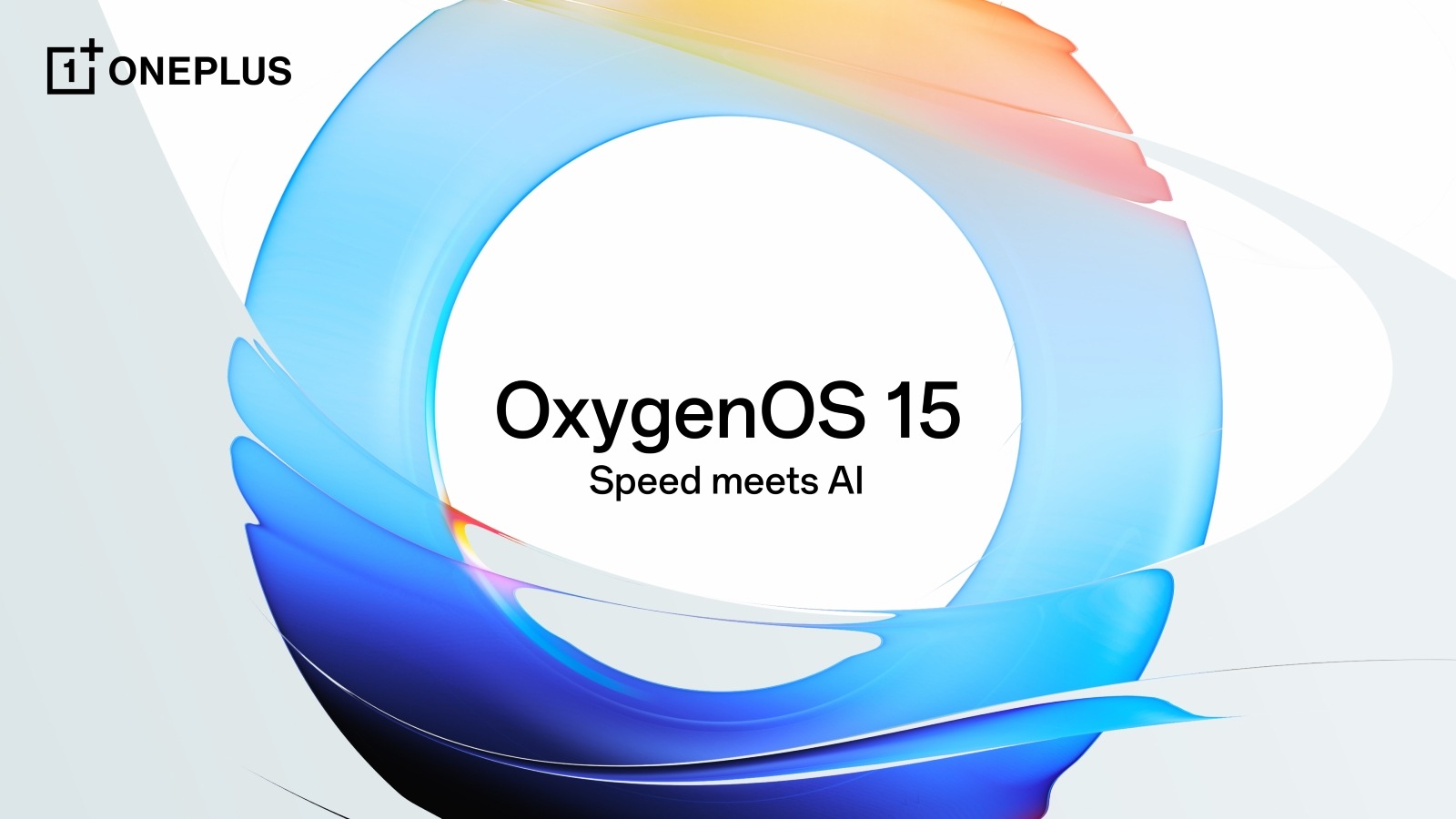
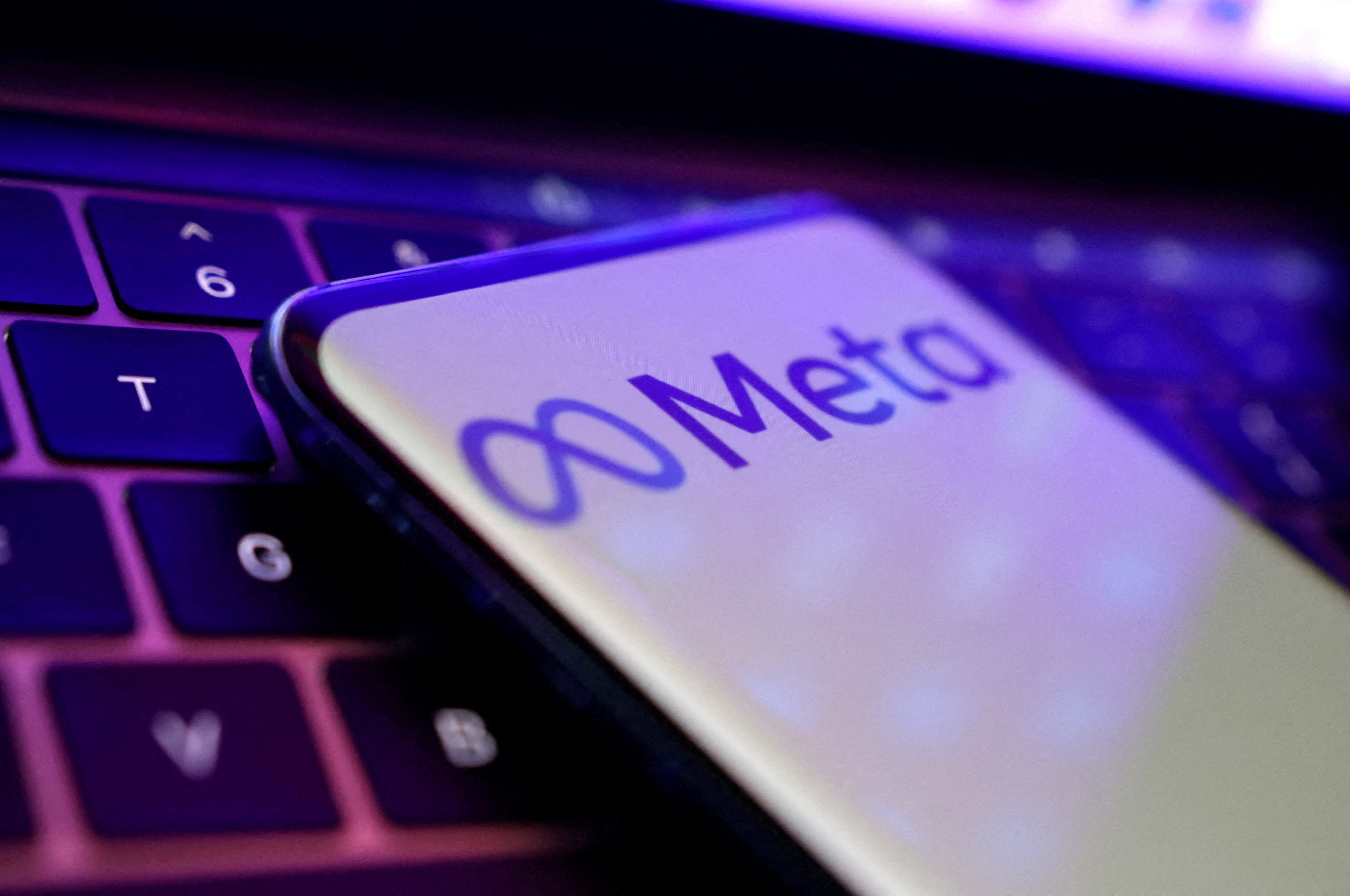



























































































.png)
 (1).png)





















